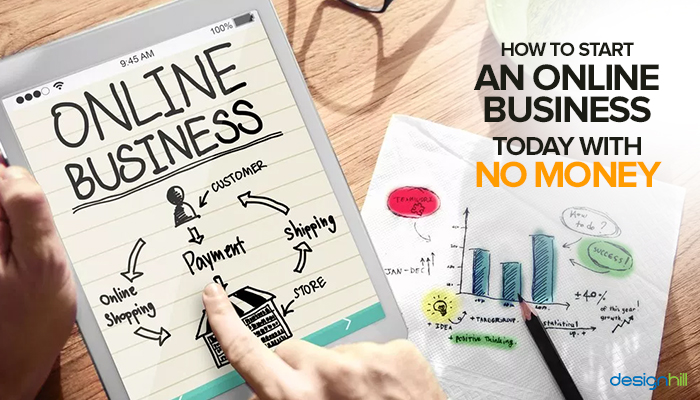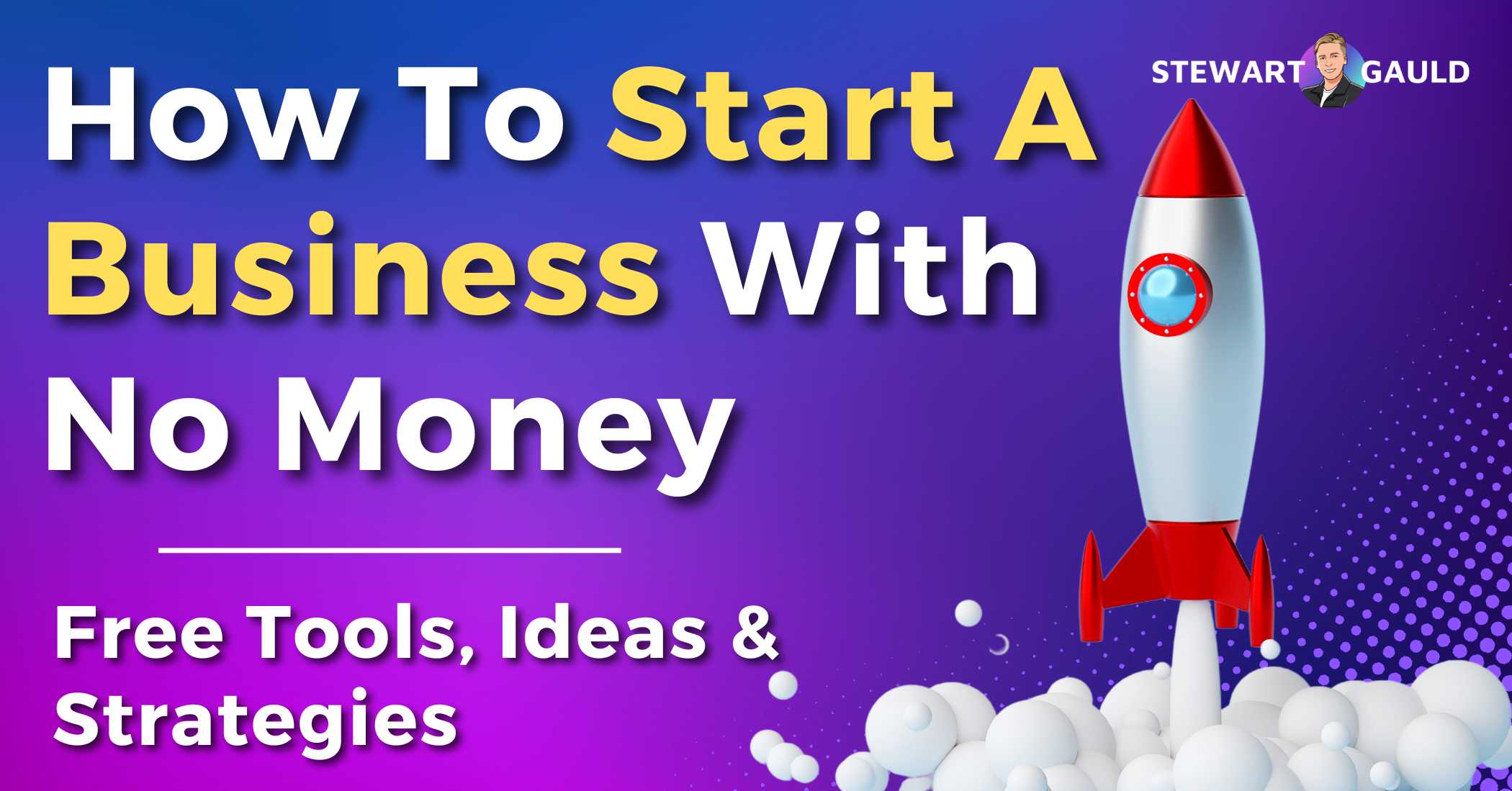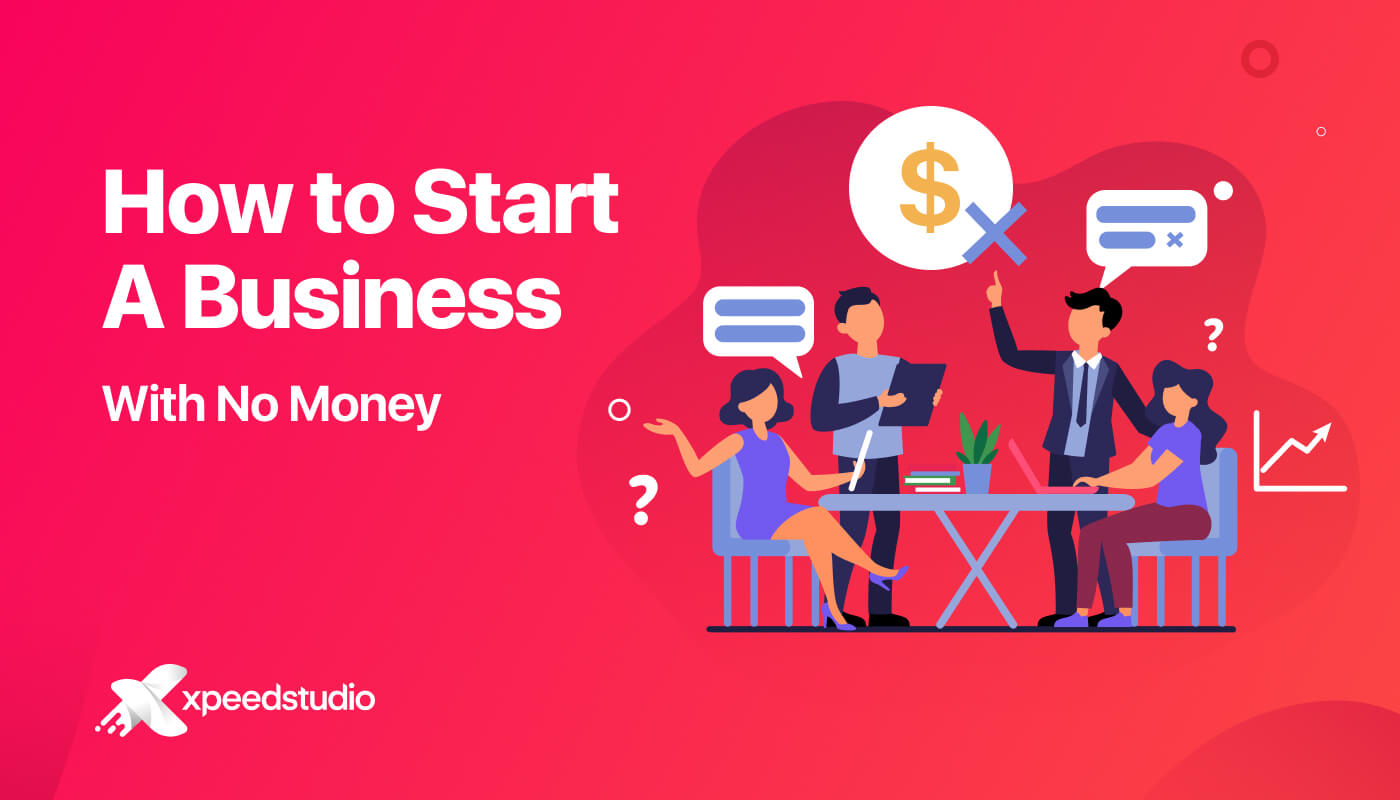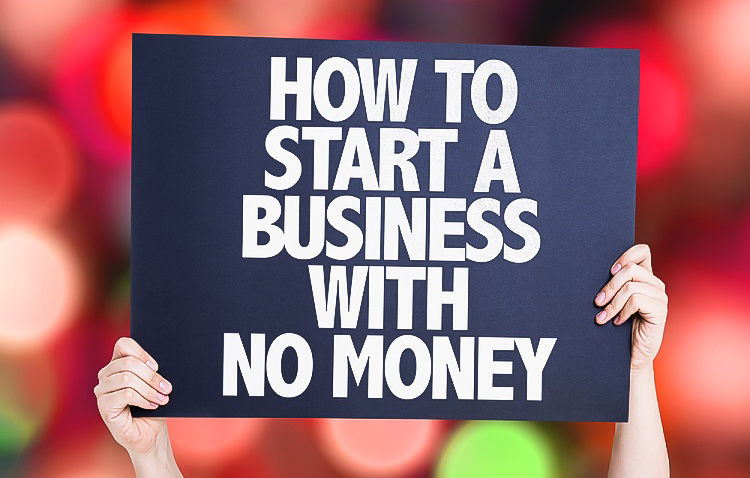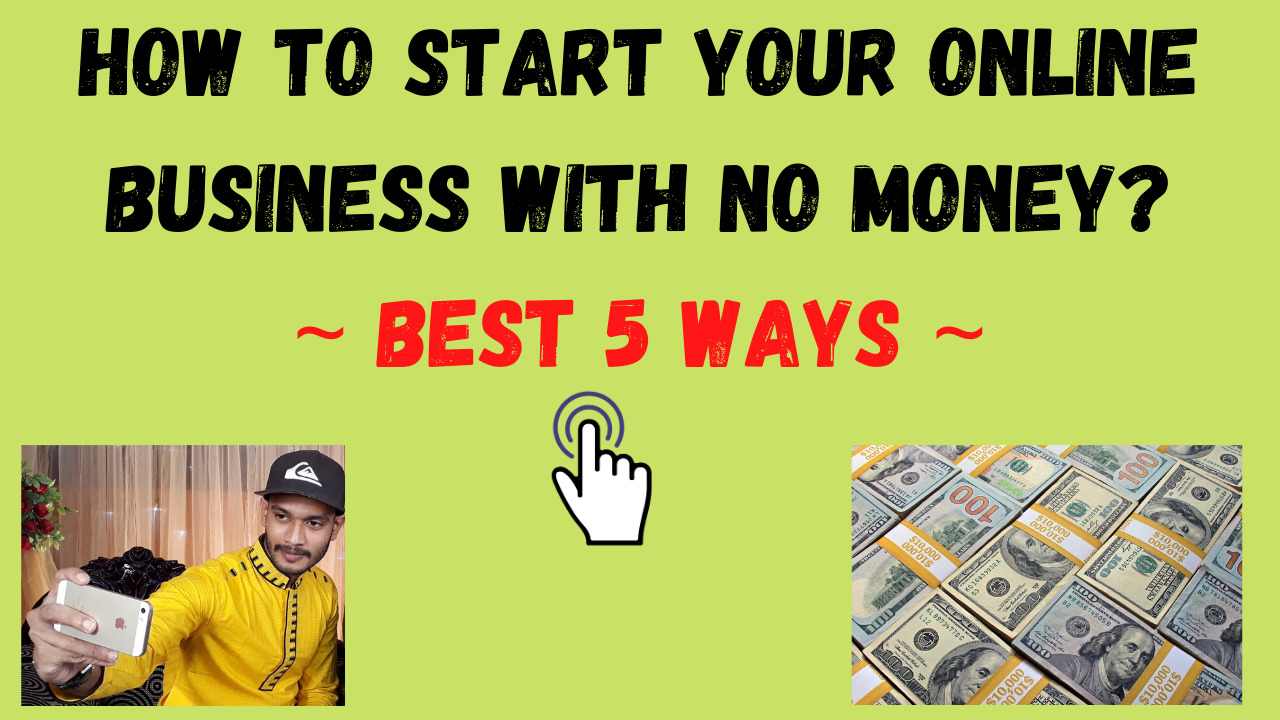How To Start Up A Business With No Money

Dreaming of entrepreneurship but short on funds? Launching a business with zero capital is challenging but achievable, demanding resourcefulness and strategic planning.
This article provides a practical guide to starting a business without significant financial investment, focusing on readily available resources and innovative strategies. We will provide data to answer the who, what, where, when, why and how.
Identifying Opportunities Requiring Minimal Investment
Identify skills you can leverage. Services like freelance writing, virtual assistance, or consulting require only your expertise and a computer.
Leverage the "gig economy". Platforms like Upwork and Fiverr connect you with clients immediately.
Offer services requiring no inventory. This eliminates upfront costs associated with product-based businesses.
Utilizing Free Resources and Platforms
Free online marketing tools are essential. Utilize social media platforms like Instagram, Facebook, and LinkedIn to promote your services.
Create a basic website using free website builders such as Wix or Google Sites. These platforms offer templates and hosting at no cost.
Use free accounting software like Wave to manage your finances from the outset. Proper financial tracking is critical, even with no initial investment.
Building a Network and Securing Initial Clients
Network strategically. Attend industry events (many offer free registration) and connect with potential clients and mentors.
Offer your services pro bono or at a discounted rate to build a portfolio and gather testimonials. Positive reviews are invaluable in attracting paying clients.
Ask for referrals from satisfied clients. Word-of-mouth marketing is highly effective and costs nothing.
Funding Alternatives Beyond Traditional Loans
Consider crowdfunding platforms like Kickstarter or Indiegogo to raise capital for your business idea. Present a compelling story and offer rewards to backers.
Explore micro-lending opportunities. Organizations like Kiva offer small loans to entrepreneurs with limited access to traditional funding.
Look into bootstrapping. Reinvest profits back into the business to fuel growth and avoid external debt.
Legal and Regulatory Considerations
Register your business legally. Check with your local Small Business Administration (SBA) for free or low-cost legal advice.
Ensure you comply with all relevant regulations and licensing requirements. This varies depending on your location and the type of business you are starting.
Draft basic contracts and agreements using online templates. This protects your interests and ensures clarity with clients.
Real-World Examples of Zero-Investment Startups
Brian Wong founded Kiip, a mobile rewards platform, with minimal initial funding, focusing on strategic partnerships.
Sara Blakely, founder of Spanx, started with only $5,000 and a disruptive product, showcasing the power of innovation and persistence.
These examples highlight that success is possible with resourcefulness and a clear vision, even without substantial financial backing.
Next Steps and Ongoing Development
Begin by identifying your marketable skills and creating a business plan, however simple. Continuously refine your strategy based on feedback and market trends.
Focus on building relationships and securing your first clients. The initial traction is crucial for long-term sustainability.
Remember, starting a business with no money requires dedication, resilience, and a willingness to learn. Good luck!

